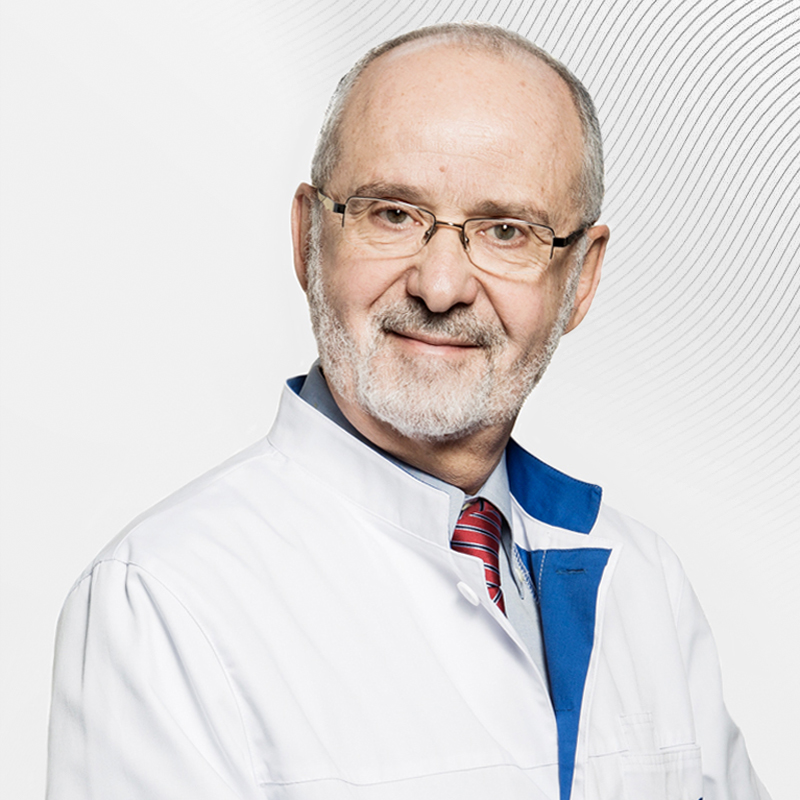Palliative care
The Department of Palliative Care at the EMC Institute of Oncology provides medical and psychological support to both patients and their loved ones.
- We performsurgical operations, radiation, hormonal, targeted, chemotherapy, immunotherapyand we perform any other interventions that improve the quality of life, regardless of the stage diseases.
- We individually select pain relief, relieve symptoms and help to cope with stress.
- We support patients and their loved ones not only in the hospital, but also at home.
Field Palliative Care Service of the EMC Institute of Oncology:
- organizes on-site consultations with a doctor to select anesthesia and other symptomatic treatment;
- offers on-site consultations with medical personnel who perform medical appointments, monitor the patient's condition and provide the necessary care;
- helps to select the necessary medical equipment;
- advises on any issues of necessary care at home;
- trains family members in care;
- provides psychological support to patients and their loved ones.
What is palliative care?
Palliative care is any intervention and support that relieves symptoms, improves well–being, and improves the quality of life of both patients with severe or chronic illnesses and their family members.
It can include:
-
operations, radiation, targeted, hormonal and chemotherapy, radiofrequency ablation – the destruction of tumor cells by heat, or cryotherapy – their destruction by cold. For example, doctors can remove and destroy a tumor that compresses nerves and causes pain, or drain the fluid that makes breathing difficult from the abdominal cavity;
- psychological help, including awareness of the diagnosis and its possible outcomes;
- prescribing medications to control pain, nausea and other symptoms;
- support in making medical decisions, for example, about the necessity and expediency of various procedures;
- meeting any care needs, including physical and emotional ones.
Palliative care is needed not only in the last stages of cancer. It is used when disturbing symptoms appear and is a standard part of the support for cancer patients, is often offered immediately after diagnosis and often continues even after the end of treatment. It can also be called supportive therapy, symptom management, or just comfort care.
This approach prevents deterioration of well-being, relieves pain and stress, and helps to cope with any disorders and side effects.
Unfortunately, it is not always possible to cure a person. But that doesn't mean he can't be helped.
Who needs palliative care and why?
Such support is needed for patients with any serious or incurable diseases, including heart failure,kidney disorders, diabetes or cancer.
Palliative care is always required when a diagnosis causes serious physical, emotional, and social problems that go far beyond standard medical services, as well as when:
- the occurrence of side effects from treatment;
- the appearance of eating disorders caused by the disease;
- frequent hospitalizations or the regular need for emergency medical care due to deterioration of the condition.
Why is palliative care important in cancer treatment?
It is important for every cancer patient to know that treatment methods are always selected individually. They depend not only on the stage of the cancer, but also on a huge variety of other features – the type of tumor and the properties of its cells, the number of damaged tissues, the patient's age, his general well-being and other factors.
The palliative care team includes a group of specialists who carefully analyze each individual situation and provide exactly the support that a particular person and their loved ones need, including:
- control of symptoms and possible side effects of treatment;
- training in various methods of home care;
- management of emotions that inevitably arise not only when making a terrible diagnosis, but also during the passage of therapy that is difficult for the body to tolerate;
- support for relatives and loved ones caring for the patient, including accepting the situation;
- assistance with the preparation of necessary medical and other documents;
- if necessary and desired by the patient and his relatives, transfer to a hospice or clinic, if the cancer progresses, treatment stops It is impossible to work, but it is impossible to alleviate the symptoms at home.
Advantages of palliative care
Studies have shown that people receiving palliative care after an oncological diagnosis tend to:
- have a higher quality of life;
- face minimal psychological problems;
- and live longer than those who do not have the opportunity to receive such support.
According to the scientific work from 2015, the annual survival rate of cancer patients was as follows:
- 63% of those who received palliative care as quickly as possible;
- and only 48% of those who received it at a late stage.
Another study showed that people who receive chemotherapy at the same time as quality-of-life care are more likely to adhere to their treatment plan than other patients.
How do I know if I need palliative chemotherapy or surgery?
If, despite the ongoing treatment, the cancer continues to develop, it is necessary to talk to the attending physician, discuss with him possible tactics for further actions and ask a few questions:
- What is the probability that the cancer will respond to chemotherapy?
- What are the possible side effects? The most common ones include diarrhea, constant fatigue, constipation or diarrhea, hair loss, nausea or vomiting, and difficulty concentrating.
- What are the risks?
- How long will the treatment last?
- How long does the recovery take?
- What will "chemistry" or surgery give me?
It is important to note that other palliative care methods are usually easier to tolerate and do not require such a long recovery. For example, if side effects occur while taking medications, in most cases they disappear after medication withdrawal.
Decisions about surgical treatment or chemotherapy should be carefully considered, considering their consequences and complications.
Palliative and hospice care
Palliative and hospice care are not the same thing at all. Their goal is to improve the quality of life and alleviate the symptoms and side effects of people with serious illnesses, but there is a huge difference between the two.
Palliative care is necessary at all stages of severe disorders, including during treatment, simultaneously with radiation, hormonal, targeted, immunotherapy and chemotherapy.
Hospice care is offered or provided only in the last phase of an incurable disease, for example, in advanced or metastatic cancer. It does not involve active therapy that can significantly prolong life or completely cure the patient, and only includes the elimination of symptoms and side effects.
Source:
Doctors
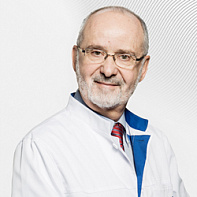
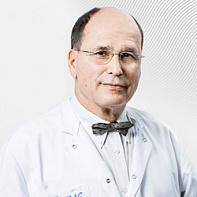
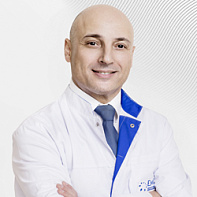
.jpg)




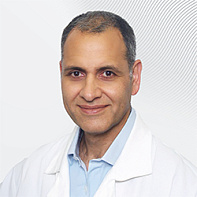

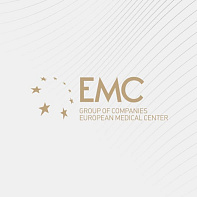



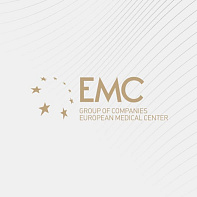
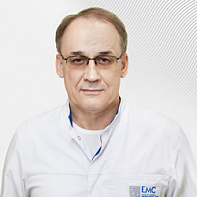
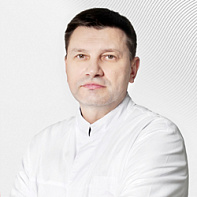
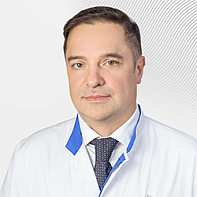


- Actively participates in the work of scientific and research institutions
- He currently holds the position of Professor of Radiology at Hadassah Hospital. Member of the Education Committee of Hebrew University – Hadassah School of Medicine
- Awarded for outstanding contribution to Israeli Healthcare - Israeli Medical Association
